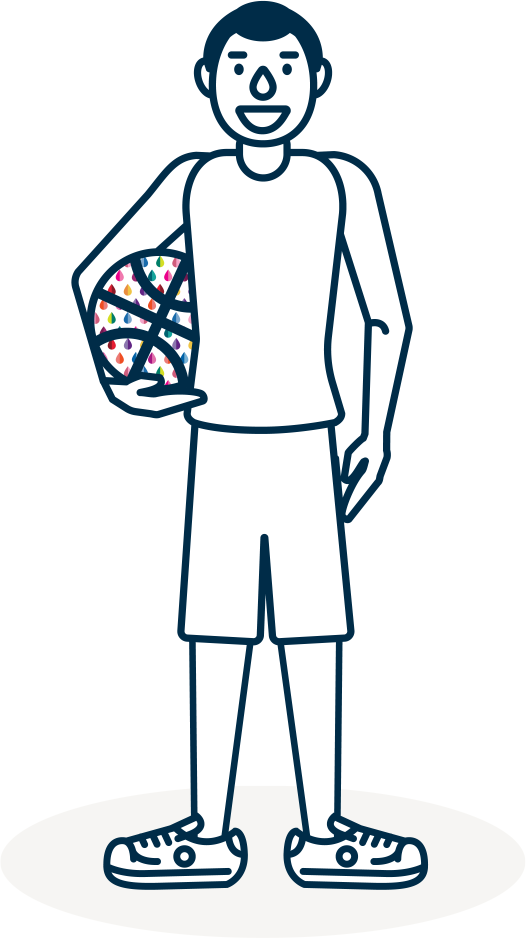Burnout & Secondary Trauma
In this training, you will define and understand Burnout and Secondary Traumatic Stress. This training will teach you ways to self-identify burnout, secondary traumatic stress symptoms, and preventive strategies to lessen personal and professional stressors.
Advanced Motivational Interviewing (Day 2)
This workshop is designed to explore the application of Motivational Interviewing (MI) as a strategy for promoting behavior change with clients with complex mental health needs. In this workshop, we will delve into the principles and methods of the MI style, focusing on its use in mental health.
This is a two-day training, and you must register and attend both days in order to receive credit.
Advanced Motivational Interviewing (Day 1)
This workshop is designed to explore the application of Motivational Interviewing (MI) as a strategy for promoting behavior change with clients with complex mental health needs. In this workshop, we will delve into the principles and methods of the MI style, focusing on its use in mental health.
This is a two-day training, and you must register and attend both days in order to receive credit.
SPDAT
The Service Prioritization Decision Assistance Tool (SPDAT) was developed as an assessment tool to help prioritize which clients should receive what type of housing assistance intervention and assist in determining the intensity of case management services.
Foundations of Case Management (Day 3)
This training focuses on the key areas of case management which are supported by evidence-based best practices. Focus areas include client engagement, building the transition from homelessness to being housed, harm reduction, wellness & and recovery, identifying burn-out, and, most importantly, practicing self-care. These three training, you must attend all three days.
Day 1: May 8th 9am-5pm
Day 2: May 9th 9am-5pm
Day 3: May 10th 9am-5pm
(Link to register in Day 1 description)
Foundations of Case Management (Day 2)
This training focuses on the key areas of case management which are supported by evidence-based best practices. Focus areas include client engagement, building the transition from homelessness to being housed, harm reduction, wellness & and recovery, identifying burn-out, and, most importantly, practicing self-care. These three training, you must attend all three days.
Day 1: May 8th 9am-5pm
Day 2: May 9th 9am-5pm
Day 3: May 10th 9am-5pm
(Link to register in Day 1 description)
Foundations of Case Management (Day 1)
This training focuses on the key areas of case management which are supported by evidence-based best practices. Focus areas include client engagement, building the transition from homelessness to being housed, harm reduction, wellness & and recovery, identifying burn-out, and, most importantly, practicing self-care. These three training, you must attend all three days.
Day 1: May 8th 9am-5pm
Day 2: May 9th 9am-5pm
Day 3: May 10th 9am-5pm
Boot Camp LIVE!
This training is primarily for those new to homeless services. It gives an overview of the Continuum of Care, how systems work, best practices in case management, frameworks we practice, and other helpful information. This is an in-person training with a walking tour of the shelters in Lancaster


